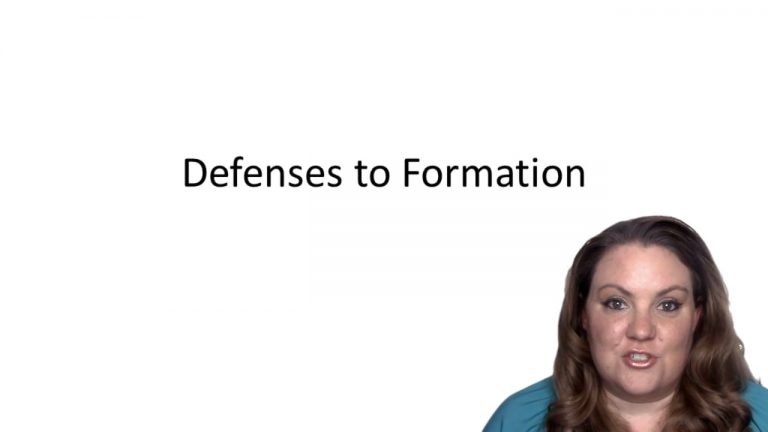SmartBrief
Confirm favorite deletion?
Contracts Keyed to Burton
Toker v. Westerman
Citation:
113 N.J. Super. 452, 274 A.2d 78Facts
Toker (plaintiff) sold Westerman (defendant) a refrigerator-freezer for a total purchase price of $1,229.76, which was to be paid in monthly installments of $34.16 each. Westerman made monthly payments but later refused to pay the remaining balance of $573.89. Toker sued to recover the remaining balance on the refrigerator-freezer. Westerman claimed that the refrigerator-freezer was so over-priced as to make the sales contract unenforceable due to unconscionability. At trial, Westerman presented an appliance dealer who had investigated the refrigerator-freezer. The dealer testified that a reasonable retail price for the refrigerator-freezer was between $350 and $400, and the most comparable unit at that time sold for $500.
Only StudyBuddy Pro offers the complete Case Brief Anatomy*
Access the most important case brief elements for optimal case understanding.
*Case Brief Anatomy includes: Brief Prologue, Complete Case Brief, Brief Epilogue
- The Brief Prologue provides necessary case brief introductory information and includes:
Topic:
Identifies the topic of law and where this case fits within your course outline.Parties:
Identifies the cast of characters involved in the case.Procedural Posture & History:
Shares the case history with how lower courts have ruled on the matter.Case Key Terms, Acts, Doctrines, etc.:
A case specific Legal Term Dictionary.Case Doctrines, Acts, Statutes, Amendments and Treatises:
Identifies and Defines Legal Authority used in this case.
- The Case Brief is the complete case summarized and authored in the traditional Law School I.R.A.C. format. The Pro case brief includes:
Brief Facts:
A Synopsis of the Facts of the case.Rule of Law:
Identifies the Legal Principle the Court used in deciding the case.Facts:
What are the factual circumstances that gave rise to the civil or criminal case? What is the relationship of the Parties that are involved in the case.Issue(s):
Lists the Questions of Law that are raised by the Facts of the case.Holding:
Shares the Court's answer to the legal questions raised in the issue.Concurring / Dissenting Opinions:
Includes valuable concurring or dissenting opinions and their key points.Reasoning and Analysis:
Identifies the chain of argument(s) which led the judges to rule as they did.
- The Brief Prologue closes the case brief with important forward-looking discussion and includes:
Policy:
Identifies the Policy if any that has been established by the case.Court Direction:
Shares where the Court went from here for this case.
Topic Resources
Topic Outline

 6m 28s
6m 28s